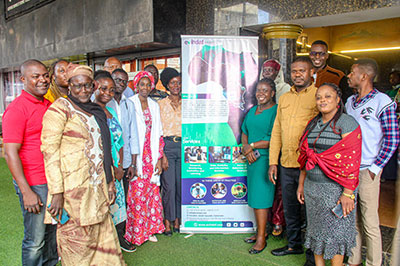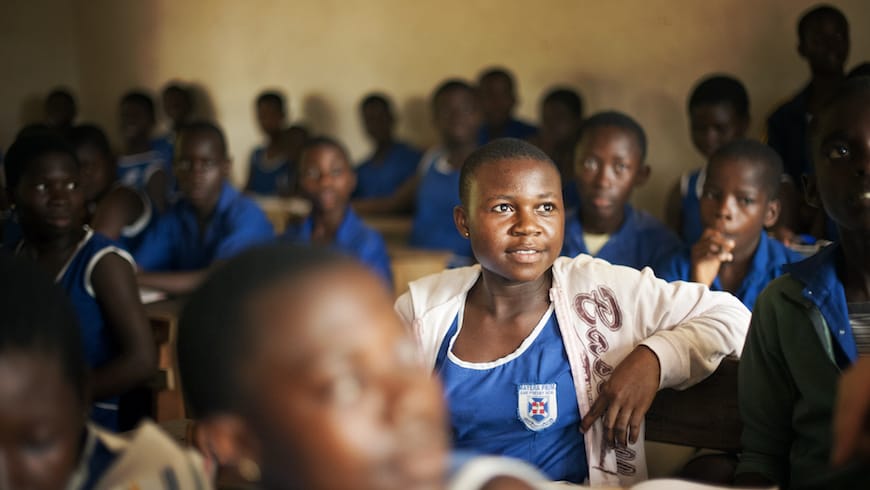Factor influencing contraceptive acceptability in some localities of Cameroon
Sub-Saharan Africa is vital for understanding contraceptive acceptability due to societal pressures for early childbearing and issues like stigma and misinformation. In Cameroon, though progress has been made in family planning, there remains a deficiency in assessing both men’s and women’s confidence in their contraceptive choices throughout life.
With USAID’s Africa Bureau support, EVIHDAF, in partnership with UCSD-GEH, Makerere University, Matchboxology, and Save the Children, is researching contraceptive acceptability in Cameroon (Yaoundé and Nganha) and Kenya. In Cameroon, the study seeks to inform programmers and policymakers about user perspectives to enhance person-centered family planning
Study goal and objective
The overall goal of this study is to develop a reliable and valid scale of contraceptive Acceptability in Cameroon that can inform the design and evaluation of future interventions. it aims to investigate contraceptive acceptability.
Approach
To inform the above objective, this formative research will explore factors driving contraceptive acceptability in Cameroon, test the salience of a draft contraceptive acceptability scale, and test the psychometric properties of the contraceptive acceptability scale in Cameroon. It will identify and unpack the breadth of factors – both related to the ‘5Cs’ and other factors – influencing gradients of contraceptive acceptability.
This study will also employ a mixed method approach, coupling qualitative and quantitative methods in two urban and two rural sites of Cameroon. It will be conducted in two phases:
- Phase 1 will employ rapid qualitative methods to explore and assess the applicability of the ‘5Cs’ framework, as well as other factors that may influence experiences of contraceptive hesitancy among women and men in Cameroon.
- Phase 2 will take place in the same settings as the first formative research phase, and will follow best practices in scale development, including generating an initial item pool, having the initial item pool reviewed by experts, and administrating the items to a development sample, among other guidelines.
- Phase 3 will be a cohort study of contraceptive acceptability, with three data collections at six-month intervals, as in phases 1 and 2. The study will assess the link between contraceptive acceptability and women’s and men’s behaviors over time, while exploring scale sensitivity and changes in acceptability across contexts.
Snapshot
Study area: Cameroon and Kenya
Project Date: 2023-2025
Consortium Partners: Center on Gender Equity and Health, UC San Diego; EVIHDAF; Makerere University; Matchboxology; Save the Children
Funder: UDAID’s Bureau for Africa
Targets: 1) The factors (included and not included in the ‘5Cs’) of contraceptive acceptability are identified. 2) The facilitators and barriers to contraceptive acceptability as a function of reproductive life stage, social identity, geographical area and/or choice of contraceptive method are assessed.
Ongoing Projects

a4allcontra

